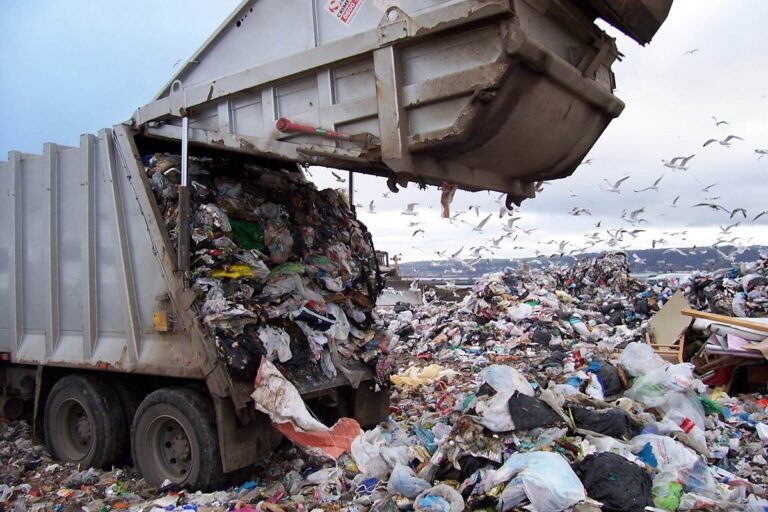
Minister Harps on Effective Legislative Framework to Address Waste Pollution
Prof. Joseph Utsev, the Minister of the Federal Ministry of Water Resources and Sanitation, says there is a need to uphold and strengthen existing legislative frameworks that address plastic waste pollution in Nigeria.
He said this at the 3rd edition of the Nigerian Blue Economy Discovery Conference with the theme,” Discovering Nigeria’s Own Sustainable Blue Economy”, held on Tuesday in Lagos.
He spoke on the ‘Role the Ministry of Water Resources and Sanitation can play in Mitigating the Plastic Waste Phenomenon that is a Danger to the Health of our Oceans and Resources within it’.
Utsav, represented by Mr Olufemi Odumosu, Managing Director, Ogun-Oshun River Basin Authority, also said the ministry would empower and educate communities and citizens to act collectively to minimise plastic waste pollution.
According to him, more funding for research and innovation will be encouraged to reduce reuse, recycle plastics and avoid throwing them into water bodies.
“We will also provide policymakers, manufacturers and consumers with the evidence needed to implement technological, behavioural and policy solutions to address the plastic waste phenomenon that is a danger to the health of our oceans and the resources within it.
“Collectively, by taking bold, integrated actions that address water pollution, we can help build a sustainable ocean economy that can expand economic opportunities and improve the health and prosperity of millions of lives,” Utsev said.
Utsev noted that the abundance of single-use plastics, such as bottles, caps, grocery bags, straws, and food wrappers, is a reflection of poor waste management systems and general attitudes toward natural ecosystems.
He emphasised that the problem of plastic waste is complex and multifaceted, requiring a concerted effort involving researchers, policymakers, citizens, and other stakeholders to effectively address it.
Earlier, Mr Soji Adeleye, the Chief Executive Officer of Alfe City Institution and convener of the conference, also stressed the importance of recognising the unique characteristics and priorities of each country.
This, Adeleye said was necessary when it comes to the development of its sustainable blue economy.
He commended the establishment of the Ministry of Marine and Blue Economy as a step in the right direction.
Adeleye noted that a such sustainable economy cannot be managed solely through a conventional civil service system.
“A Sustainable Nigerian Blue Economy can only thrive on a twenty-first-century autonomous entity that could be proactive, and responsive.
“An octopus-like institution that is research-driven, financial and technology savvy that can advocate, proffer solutions, supervise and monitor development in the ocean, along the coast and all that derived from there.
“This is why it’s not a task for the old civil service, as a sustainable Nigerian Blue Economy is the quickest road to Nigeria meeting its enormous economic challenges in the near term,” he said.
Sacked Workers of Abuja Film Village Appeal to FCT Minister for Reinstatement